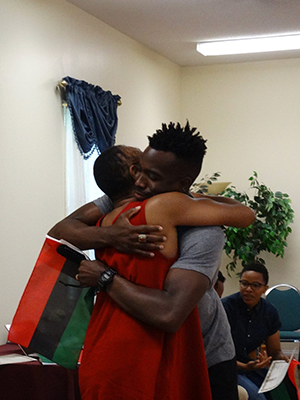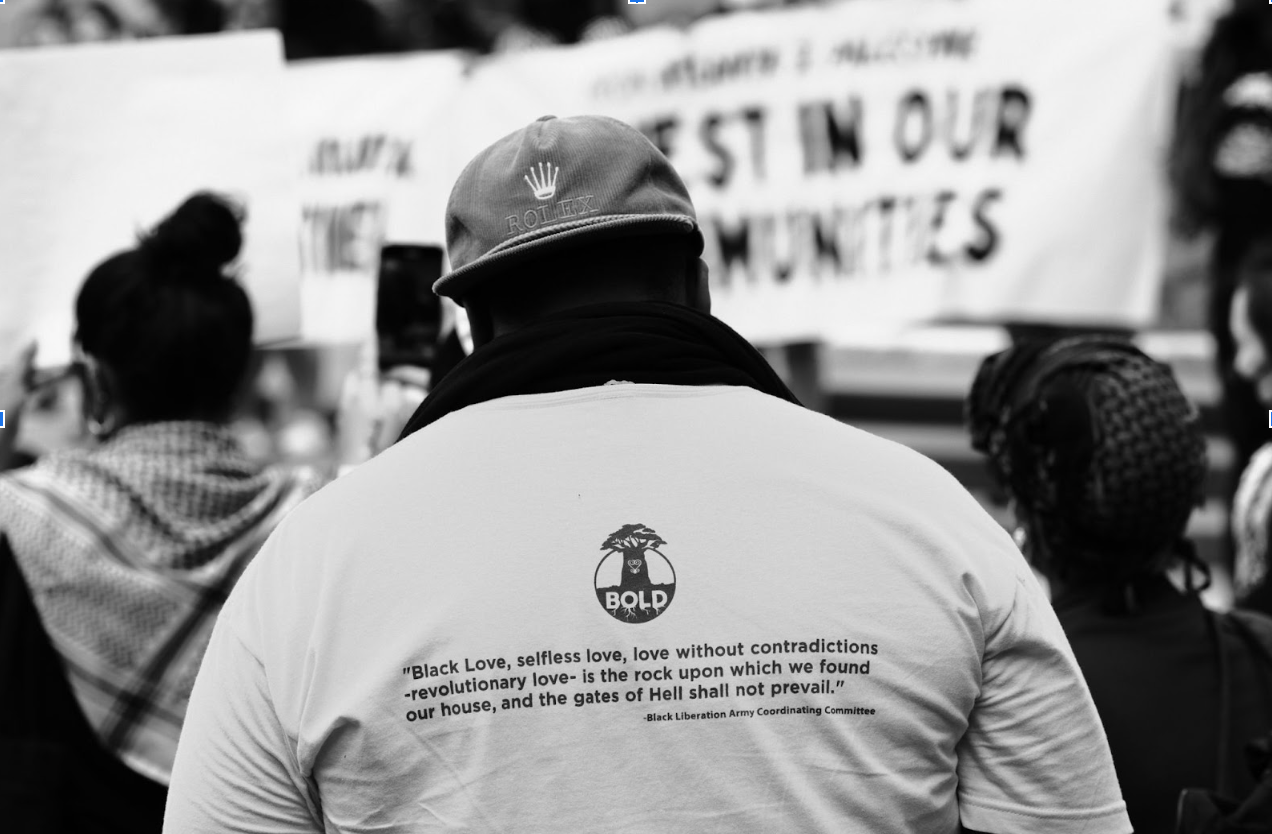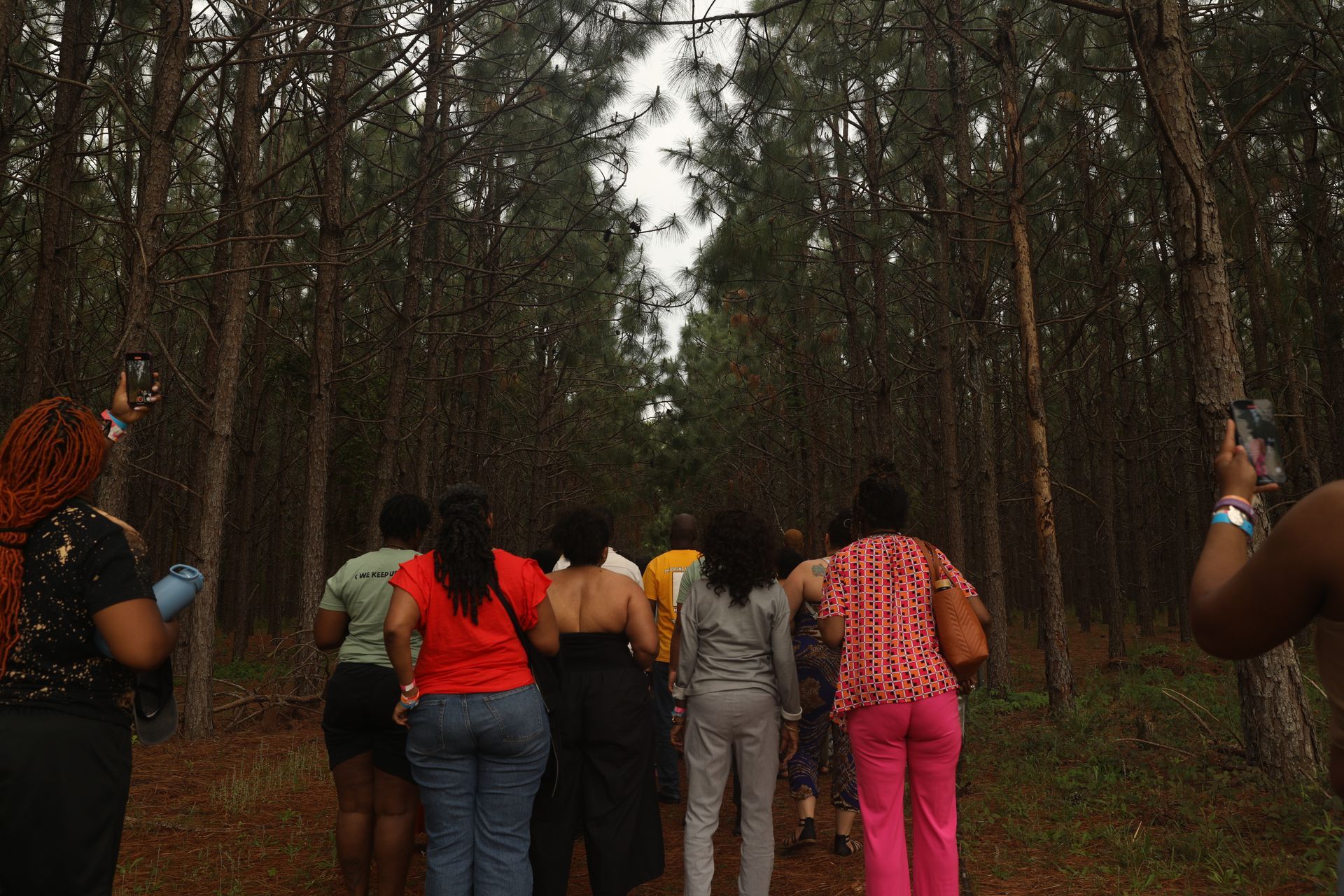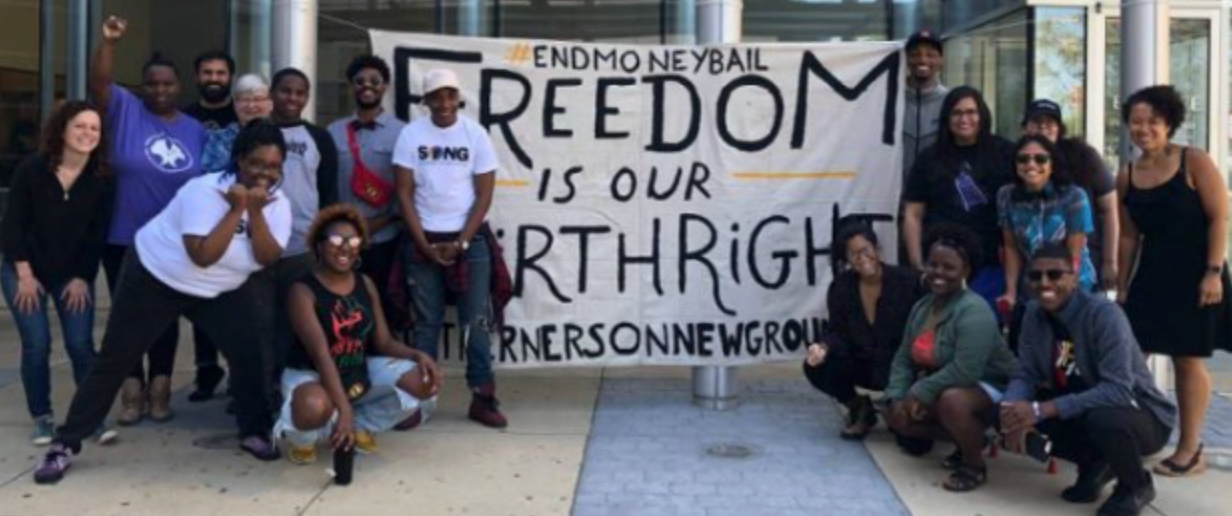The gathering for BOLDers.
The National Gathering is back in Atlanta, Georgia February 20 - 23, 2025
what is the national gathering?
The National Gathering is a conference that brings together elders, educators, and practitioners to explore organizing through a long-term transformative organizing framework that incorporates embodiment practices.
Join us for networking opportunities, keynote speakers, regional breakouts, political education, daily practice and more.
BLACK LOVE
$600
- Admission to all programming (3-days)
- Day Trip - Land Stewardship Excursion
- Day Trip Transportation
- Lunch
BLACK EXCELLENCE
$1500
- 3 Nights Hotel Stay
- Inclusive meals and refreshments
- Exclusive Welcome Dinner
- Admission to all programming & special events
- Day Trip - Land Stewardship Excursion
- Day Trip Transportation
What People Say About Us

"BOLD has brought together some of the most incredible, brilliant Black leaders from across the country. In doing so is creating/has created a powerful network."
FabuFit
"BOLD is a space for us to interrogate our leadership, what is required of us as leaders, and to give us tools to live inside of that requirement."
YesSuits
related readings.
Check out our blog feature BOLD Alumni impact, writings and recap last year's national gathering.
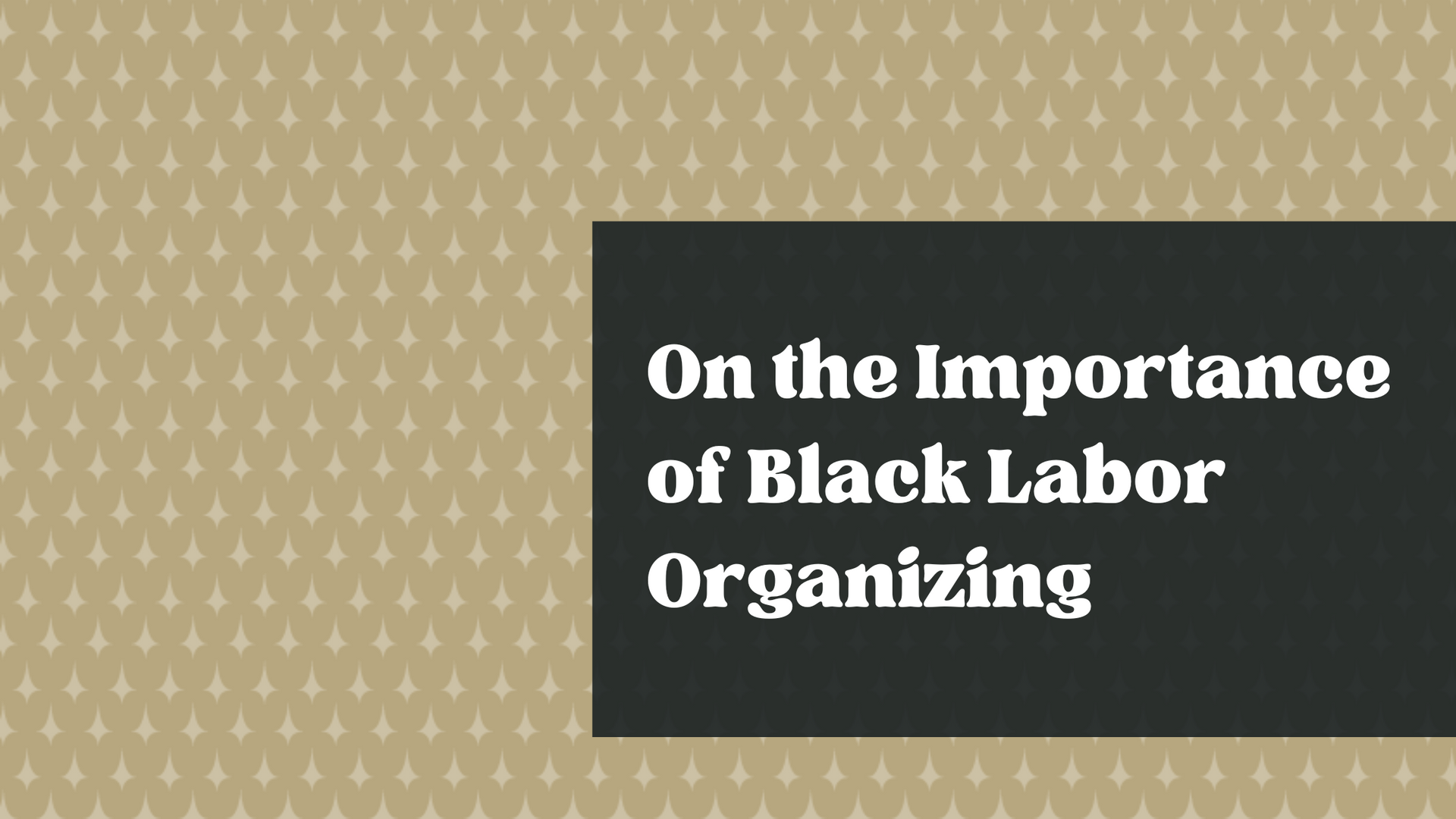
September 1, 2024
As Labor Day approaches, it's crucial to reflect on the legacy of Black labor in the United States—a legacy deeply intertwined with exploitation, enslavement, and the ongoing struggle for economic justice and collective liberation. To gain insights into the current state of labor organizing and the labor movement, we turn to two prominent voices within the BOLD (Black Organizing for Leadership and Dignity) network: Jennifer Bryant and Steven Pitts. Bryant, a BOLD alumna and Program Manager at Project Equity , emphasizes the need to build the foundations of a new economy. "Worker-owned cooperatives can be a bridge between the economy we exist in now and the economy we envision. Employee ownership not only gives the opportunity for workers to have an ownership stake in the business but also to practice collective governance and democratic decision-making - the building blocks for a more just economy and society." In times of economic uncertainty, Black people have turned to shared ownership to provide for community needs and to create jobs for themselves when they couldn’t access employment. “There is a long and rich history of Black cooperative economics in the United States and across the Diaspora. In the 1930s, Nannie Helen Burroughs formed the Cooperative Industries of DC to employ Black women and girls during the Great Depression. ChiFresh Kitchen is a contemporary example of a worker-owned food business founded by formerly incarcerated women in Chicago. Collective Diaspora is a network of cooperatives across the African Diaspora. Pitts, a nationally recognized educator and economist, brings a historical perspective to the conversation. He traces his commitment to organizing Black workers back to his radicalization in college, noting, "To fundamentally change the world for Black folks, we need a broader vision of what a new world looks like. That means addressing the core of capitalism—the battle between labor and capital." Both Bryant and Pitts underscore the critical importance of labor and economic empowerment for Black people. Their perspectives converge on the need for dignified work that allows individuals to thrive, driving both labor organizing and Black liberation. A growing recognition of systemic failures characterizes the current state of Black labor and organizing in the U.S. Bryant points out, "There's a growing recognition that our current economic system isn't working for the majority of us. As workers begin to realize this and form an identity around being part of the working class, there will be so much opportunity to make demands that improve the quality of all our lives." She further elaborates on the pressing issues: "For instance, the cost of living has far outpaced wages, and we all feel that when we go to the grocery store or need to pay monthly rent. We need to demand that wages be realigned with the cost of living, that the cost of housing be capped, and that other essential expenses be addressed. If we unify, there's a lot we can push for, especially around the cost of living." Pitts brings an additional layer, challenging us to think beyond racial disparities. He argues for a deeper understanding of the Black worker experience so that understanding includes how the fundamental relationship in capitalism – the exploitative capital-labor dynamic – impacts Black workers: "As we consider what challenges Black workers face – obtaining employment; receiving equal treatment on the job; receiving living wages and benefits - we have to understand that to fundamentally improve the lives of Black workers, we must build the collective power of Black workers to challenge the labor-capital relationship.” A narrow focus on racial disparities fails to build the power of workers that is needed to radically attack capitalism, "When we view things through a narrow, disparity-focused lens, where we see that Black people have less than white people, this approach doesn't lend itself to maximizing the power of workers to transform lives. It's not about aspiring to live like white people; it's about ensuring everyone has access to housing, quality education, and a decent standard of living. And this cannot be done under capitalism." Pitts further emphasizes, "When our advocacy and organizing is solely focused on ending disparities, then the basic power asymmetry between labor and capital remains largely unchanged. To be fundamentally transformative, we need to dig deeper into people's lives and focus on building the power of existing organizations or building new power organizations in order to radically uplift Black communities, without white people being the central standard to which we compare." Bryant and Pitts remind us that the struggle for economic justice is intrinsically linked to the broader fight for Black liberation. Their views on the cooperative movements and organized labor underscore the multifaceted nature of Black labor organizing. They are not opposing views but complementary ones that both call for new alternatives, transformative change, and fundamental addressing of capitalist structures that have historically marginalized Black workers. The importance of Black labor organizing cannot be overstated. It's not just about closing gaps or ending disparities; it's about reimagining and rebuilding systems that truly uplift Black communities. As we move forward, let us heed the call to action: support initiatives like the Black Voices, Black Votes Campaign , and the We Ready Campaign , learn about employee ownership through resources like the Black Employee Ownership Initiative, and continue to engage in the vital work of organizing for a more just and equitable future for all workers, especially Black workers. This Labor Day, let us recommit ourselves to the ongoing struggle for economic justice and collective liberation, recognizing that the fight for Black labor rights is a fight for human rights and dignity for all. As Bryant and Pitts have shown us, the path forward requires both innovative solutions and a deep understanding of the historical context of Black labor in America. Only through such comprehensive approaches can we hope to create the transformative change necessary for true economic justice and Black liberation.
National Gathering Question? Contact us any time.
Contact Us
Thank you for contacting us.
We will get back to you as soon as possible
We will get back to you as soon as possible
Oops, there was an error sending your message.
Please try again later
Please try again later

